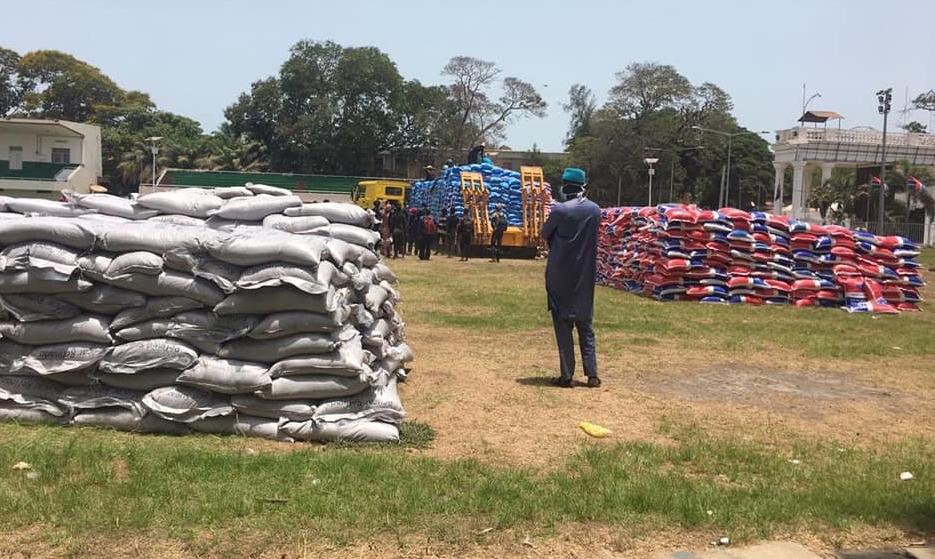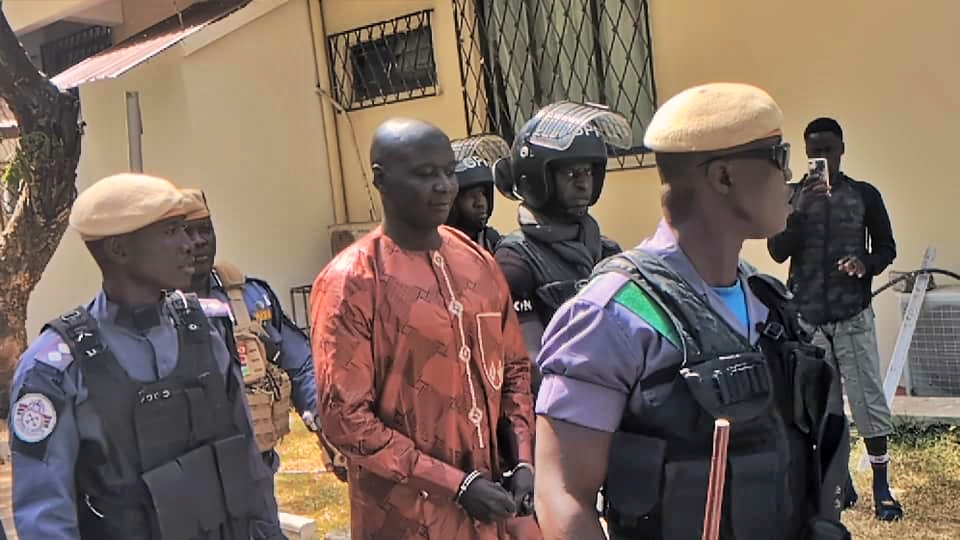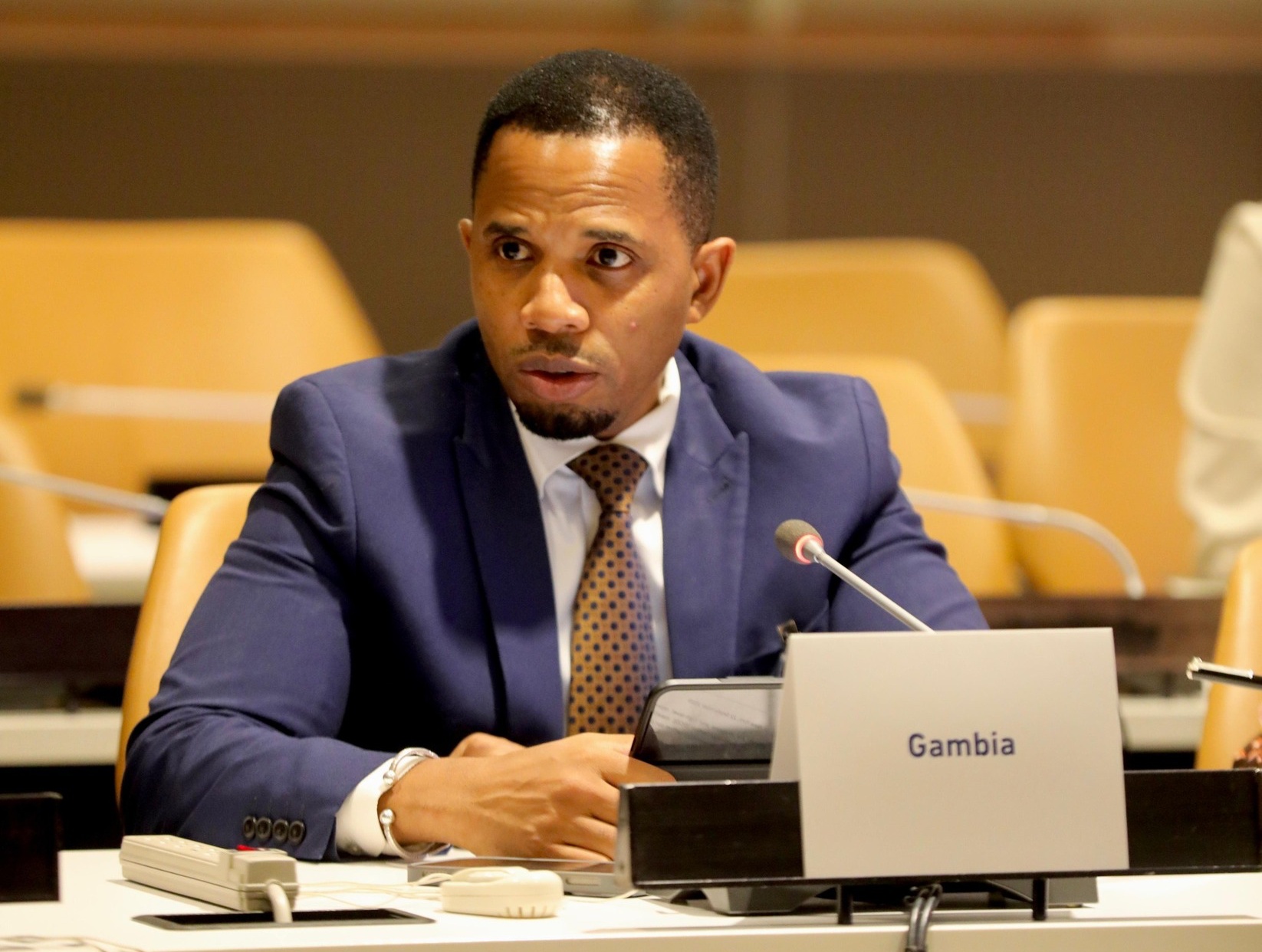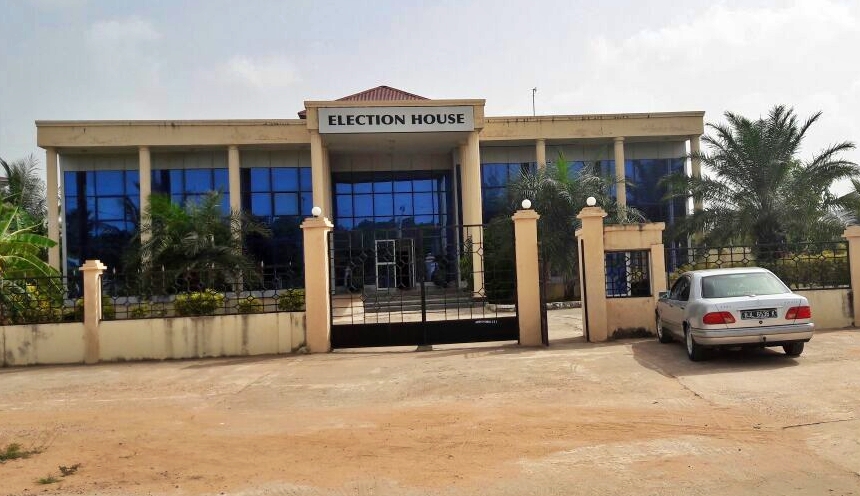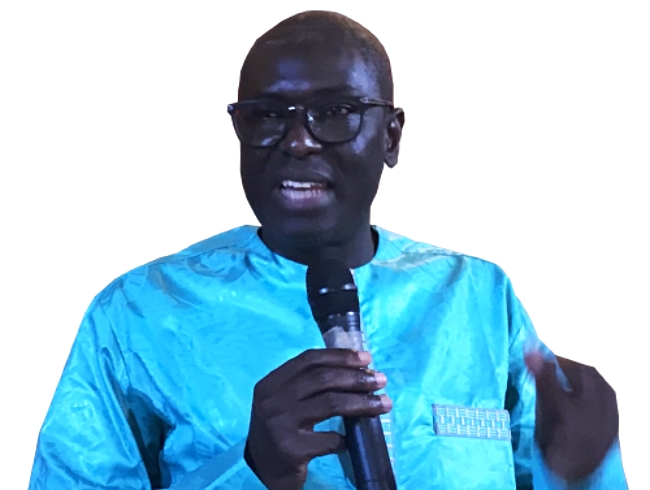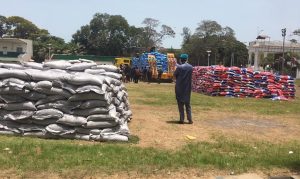Gambiaj.com – (Banjul, The Gambia) – Alagie Barrow, former Lead Investigator of The Gambia’s Truth, Reconciliation, and Reparations Commission (TRRC), has voiced strong criticism of a newly launched government platform designed to monitor radio, television, and online media content. Speaking on Tuesday’s edition of Coffee Time with Peter Gomez on West Coast Radio, Barrow warned that the initiative, although presented as a tool for media compliance, could pave the way for censorship and the stifling of dissenting voices in The Gambia.
Barrow’s remarks were a scathing rebuke of what he sees as the government’s encroachment on media freedom under the guise of upholding “moral values” and content standards.
His commentary was broadcast at the request of Information Minister Dr. Ismaila Ceesay, who listened live in the studio and later responded.
“I have argued before that the control of information is oftentimes the first casualty in a police state or impending dictatorship,” Barrow stated. “If most of the people eating on the backs of the people had their way, we would only hear about the good they are doing for the country — as if it is coming from their own pockets.”
He cited excerpts from the Public Utilities Regulatory Authority (PURA) procurement documents and Vice President Muhammad B.S. Jallow’s speech at the platform’s April 30th launch. The system is intended to record and archive broadcasts for quality control, regulatory compliance, and retrospective analysis in cases of public complaints.
Barrow questioned the vague moral justifications behind the monitoring initiative, asking whether the same standards would be applied to government allies who insult citizens or fail to live up to public expectations.
He expressed concern that the control of information often precedes a “police state or impending dictatorship,” suggesting that those who benefit from the status quo might seek to limit negative reporting.
“Do our moral values include the IGP watching and not doing anything about the insults of Fatoumata Jahumpa Ceesay?” he asked. “Do our moral values only apply when violated by those who criticize the APRC-NPP maladministration?”
Barrow concluded with an appeal to the Gambia Press Union (GPU) to thoroughly scrutinize the platform’s operations and ensure it does not become a tool for suppressing media freedom in the lead-up to elections.
‘Government’s intention not to stifle media freedom,’ minister says
In response, Minister Ceesay defended the platform as a necessary tool for accountability and consumer protection, insisting it was not designed to censor the media.
“This just monitors what people broadcast. It tells them for six months so that if you make a complaint against a TV station, we can go back and get evidence,” Ceesay said. “It doesn’t stop anyone from broadcasting.”
He maintained that the system ensures content aligns with license agreements and national broadcasting codes, especially in detecting offensive, harmful, or misleading material.
When pressed by Gomez to define terms like “offensive” or “harmful content,” Ceesay acknowledged the subjectivity involved but insisted existing laws and due process would guide determinations.
“There are laws in this country that define hate speech and offensive material,” he said. “It’s not for me to judge that. When a case arises, it’s for those charged with making those determinations.”
Gomez raised the case of a National Assembly member who recently likened protesters to “cockroaches and mice” in a parliamentary speech. Asked whether such language would qualify as harmful content under the new platform, Ceesay hedged, suggesting the context was misinterpreted and emphasizing that his ministry is responsible for policy, not enforcement.
Despite his defense of the platform, Ceesay acknowledged Barrow’s contribution to the public debate.
“To be honest, I think he did a good job promoting this platform. He raised valid points about moral values being subjective,” the minister said. “But I want to stress, this is about safeguarding democracy — not censoring it.”
The exchange underscores the growing tension between the government’s regulatory ambitions and public concern over press freedom in a politically charged climate. With elections looming, the platform’s true impact — whether a tool for accountability or a mechanism of control — remains to be seen.




